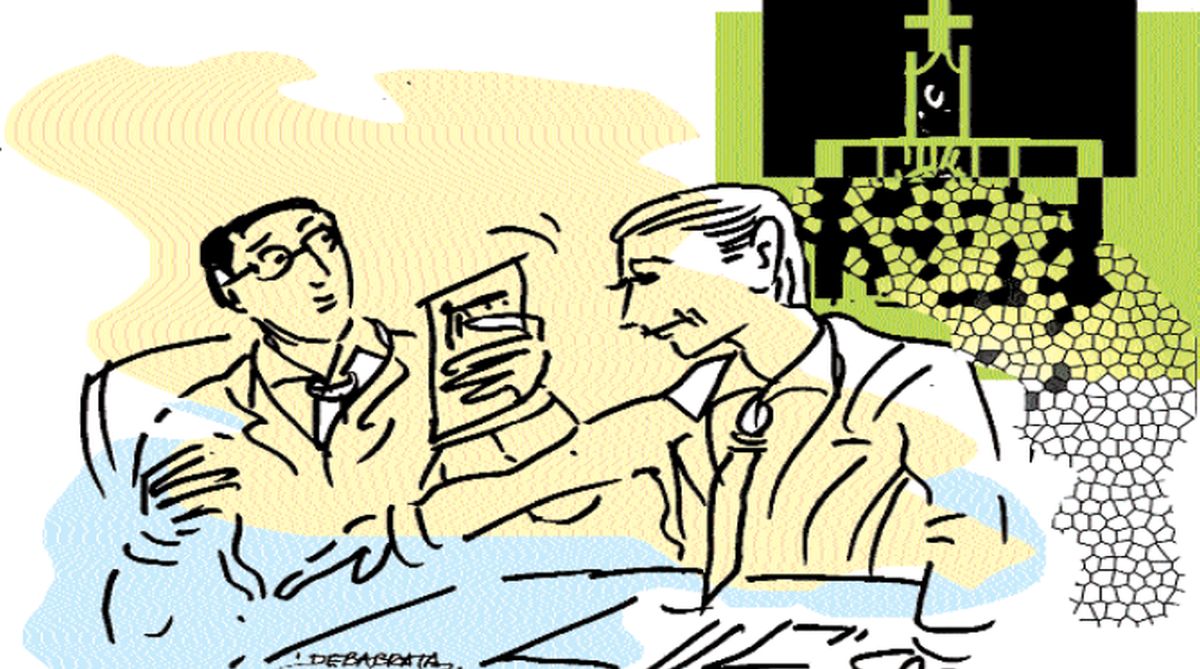After nearly ten years of work in a Silicon Valley giant, my friend LR – he preferred to go by those initials – founded his own technology start-up in 2000. He spent all his savings, borrowed from his family, and took a loan from his bank. But few knew of what he considered his biggest resource.
LR was a deeply religious man. He certainly didn’t have the aspect of a pious person. He was a flamboyant guy, who wore tailored suits, sported expensive watches and drove the latest Porsche. He hosted parties at fancy places and drank us, his friends, under the table. He had a reputation for shrewd packaging and sharp negotiation. Yet he was a scrupulous church goer and active on several church committees.
Advertisement
Many people go to church for social reasons, but LR believed deeply in divine guidance and dispensation. He told me that he would never have started his business if he did not believe God wanted him to work independently, offer jobs to other people and use his bigger earnings to help his church and his community. He saw a clear link between piety and prosperity.
That kind of faith was not my cup of tea and I remember pulling his leg by broaching the well-known Biblical problem of a camel trying to negotiate the eye of a needle. He laughed and ignored the issue of wealth. He said that providence was showing him the way to double his employee strength the following year. That proved correct: the software his team had developed for construction firms was picked up by some major companies and his enterprise more than doubled.
It was an extraordinary story of success in the following years and I saw his picture on the cover of two business magazines. When I congratulated him, he spoke graciously of his colleagues, but did not forget to add that a benign divine hand had helped him choose just the right kind of people who could help him carry out his vision.
Then came the bust of 2008, construction froze, and I heard from friends that LR’s company had downsized significantly. When I got in touch with him, LR said ruefully that the business was no longer viable and he had been forced to sell its remnant to a larger group.
We met for lunch six months later. LR was now an adjunct professor in a business school and spoke enthusiastically of his students and courses. He had moved into an apartment and no longer drove the Porsche. I asked him if he missed his earlier life when he was a model of success in the business world.
His reply stunned me. He said he had enjoyed the excitement of starting an enterprise and taking it to the pinnacle of success. He felt, however, that kind of busy, bustling life was good only for a while. He did not care for a life of sustained tension. Yet he did not know how to take his hands off the helm of his company. He did not want to make hundreds of his employees unemployed. Unexpectedly, God had shown him the way by creating circumstances where he could move, step by step, to a simpler, quieter and happier life.
He was now at peace and very grateful. I was amazed.
The writer is a Washington-based international development advisor and had worked with the World Bank. He can be reached at mnandy@gmail.com









